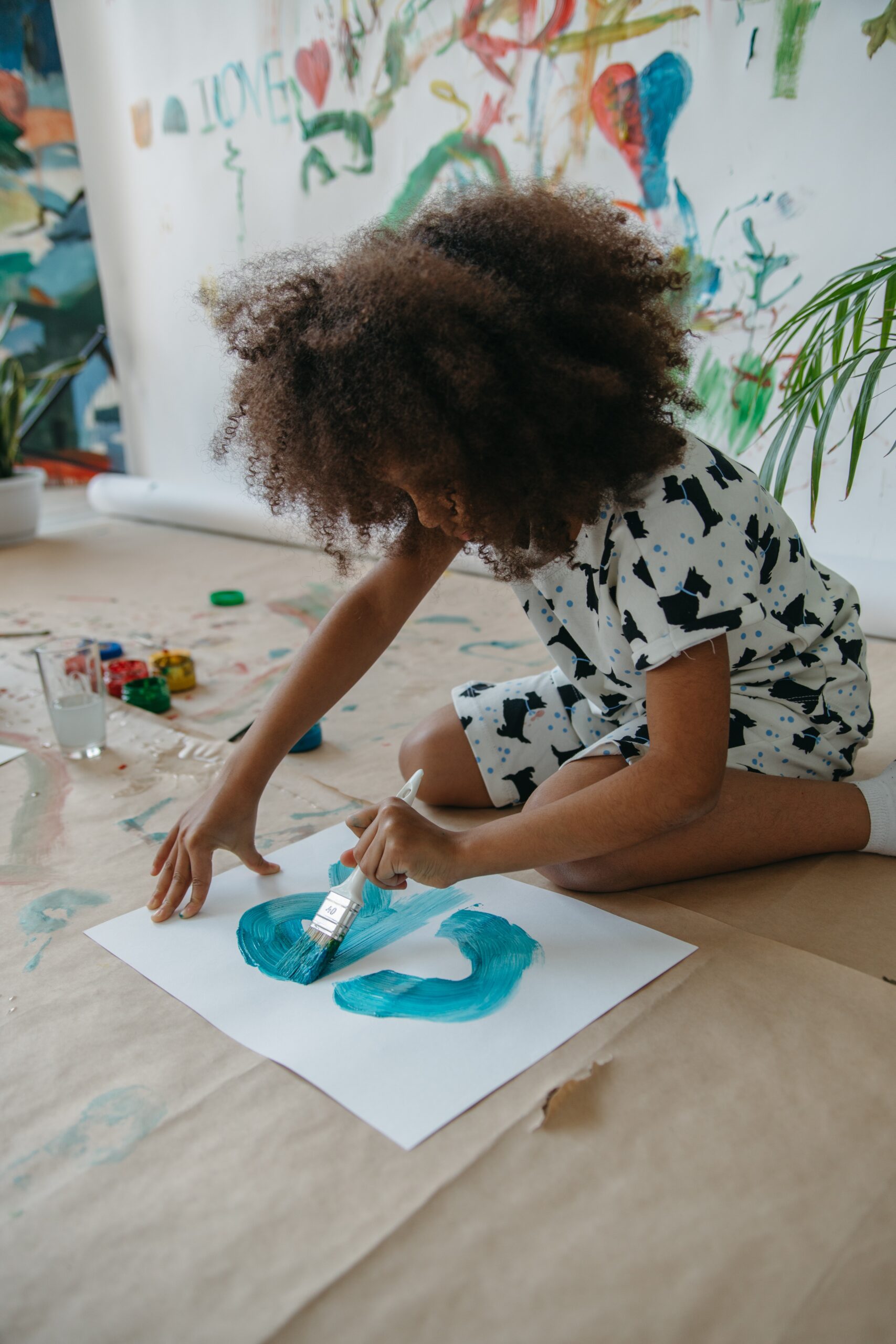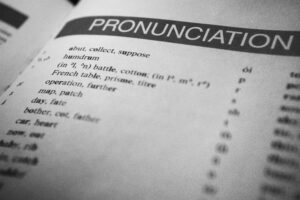A Trailblazer for Women and Education
Maria Montessori, an influential Italian physician, educator, and feminist, was born on August 31, 1870, in Chiaravalle, Italy. Her life journey was marked by her tireless efforts to challenge societal norms and make groundbreaking contributions to both education and the women’s rights movement.
From a young age, Maria Montessori was determined to pursue a career in medicine, defying the prevalent gender norms that restricted women to traditional roles. After graduating from Regio Istituto Tecnico Leonardo da Vinci her family encouraged her to become a teacher, which was one of the few acceptable jobs for women at the time. However, she insisted on pursuing a medical career despite her father’s objections and the fact that she was rejected by the head of the medical school. In 1896, she became the first woman to graduate with a medical degree from the University of Rome La Sapienza, an impressive achievement in a male-dominated field.
However, Montessori’s interests extended beyond medicine. Her encounters with children suffering from cognitive disabilities as part of her job in a clinic in Rome ignited her curiosity and dedication to understanding their unique needs. She argued that the lack of a suitable and engaging environment for those children became a reason for their atypical behavior. This marked the beginning of her journey into the field of education and would eventually lead to her pioneering work in child development.
More specifically, she grabbed the opportunity to expand her theory to include children of typical development when the developers of a series of small flats for poor working families approached her, as the children of those families were left unattended during the day and caused damage to the new buildings. This is how the first Casa dei Bambini or Children’s House came to be and in the following years, this concept was met with enthusiasm and expanded around the world only to be halted by the rise of fascism in Europe.
The Children’s Houses were shut down in Germany and Italy after Maria refused to cooperate with Mussolini and she and her family fled to the Netherlands. The outbreak of the war found them in India, where she and her son as Italian citizens were put under house arrest. Despite the difficulties they managed to train more than 1500 Indian teachers and it was there that Maria developed her Cosmic Education theory aimed at the ages of 6-12.
Maria and her son, Mario, returned to the Netherlands in 1946 and then returned to India for another two years. She received three nominations for the Nobel Peace Prize and she died in 1952.
Despite facing significant opposition due to her gender, Montessori persisted and became an advocate for women’s rights and equal education opportunities. She firmly believed that education was the key to empowering women and transforming society as a whole. Her early feminist endeavors earned her recognition and respect as a prominent figure in the Italian feminist movement.
The Core Tenets of Montessori Educational Theory
Maria Montessori’s educational philosophy, known as the Montessori Method, was built on the idea that every child is born with a natural inclination to learn and develop. Her approach was grounded in observing and understanding each child’s unique needs and potential. The following are the core tenets of her educational theory:
Prepared Environment: Montessori classrooms are carefully designed to promote independent learning and exploration. Materials are organized and accessible to children, encouraging them to choose activities that align with their interests and developmental stage.
Self-Directed Learning: Montessori emphasized the importance of allowing children to direct their learning experience. Educators act as guides instead of imposing a rigid curriculum, fostering a child’s natural curiosity and desire to learn.
Hands-On Learning: The Montessori Method places significant emphasis on tactile learning. Children engage with specially designed materials that promote sensory exploration, critical thinking, and problem-solving skills. 
Mixed-Age Groups: Montessori classrooms often include a mix of ages, allowing older children to mentor and inspire younger ones. This approach fosters a cooperative and supportive learning environment, promoting empathy and collaboration.
Respect for Individuality: Recognizing that every child learns at their own pace, the Montessori Method respects individual differences and provides personalized learning experiences tailored to each child’s unique abilities and interests.
Freedom within Limits: While promoting independence, Montessori classrooms also have well-defined boundaries that ensure a respectful and harmonious environment for all students.
Emphasis on Practical Life Skills: Montessori believed that everyday tasks, such as cleaning, cooking, and gardening, play a vital role in a child’s development. Practical life activities are integrated into the curriculum to enhance fine motor skills and foster a sense of responsibility.
Absence of Grading and Rewards: The Montessori Method eschews traditional grading systems and extrinsic rewards, focusing instead on the child’s intrinsic motivation to explore and learn.
Maria Montessori’s groundbreaking approach to education revolutionized early childhood learning, emphasizing the child’s innate abilities and potential. Her lifelong commitment to empowering children and advocating for women’s rights continues to inspire educators and feminists worldwide. The Montessori Method has endured the test of time, and its principles remain influential in shaping holistic and child-centric educational practices.




